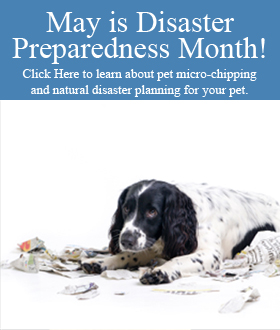A three-month old domestic shorthair cat presented for an acute episode of wheezing and what the owner perceived as trying to cough up a hairball. The kitten was depressed, had a fever of 104.4 degrees Fahrenheit, and mucus in the oral cavity and trachea. The lungs sounded congested, the kitten kept her tongue sticking out of her mouth, and her coat had a heavy aroma. Radiographs of the chest and neck were within normal limits and blood tests to evaluate kidney and liver function were also within normal limits. The kitten was treated with intravenous fluids, antibiotics, and anti-inflammatory medication.
The presumptive diagnosis was a toxicity of unknown origin. The kitten was bathed to remove chemicals from the coat and given activated charcoal to absorb toxins from the intestinal tract. Sucralfate was administered to protect against ulcerations of the esophagus and stomach. After searching the house, a bottle of mulberry potpourri was found knocked over in the cabinet under the sink. Kitty paw prints were present in the spilled liquid. This confirmed a diagnosis of potpourri toxicity. The kitten in this case developed esophageal ulcers which were painful and prevented eating. Pain medication was added to the treatment regimen. After 48 hours of therapy, the kitten began eating on her own and was discharged on day three. She continues to do well.
Potpourri liquids contain essential oils which can cause dermal, neurological and respiratory problems. The onset of action can range from immediate to eight hours and can last up to three days. Frequently encountered problems associated with essential oils include hypothermia, hypotension, tremors, seizures, aspiration pneumonia, skin irritation, and oral and esophageal ulcers. Oral ulcers can be quite painful and may prohibit patients from eating. In cats, the route of ingestion generally occurs by grooming. The cat will walk through or get liquid chemicals on their coats, and being fastidious, will lick off the offending material. Because cats are extremely sensitive to chemical agents, even the smallest amount of ingested material can cause serious consequences.
This case illustrates how important it is to kitten-proof or childproof our homes.
(This was an actual case history from a local veterinary clinic actively affiliated with the Hillsborough Animal Health Foundation.)





































